Herzfeld Resource Gateway
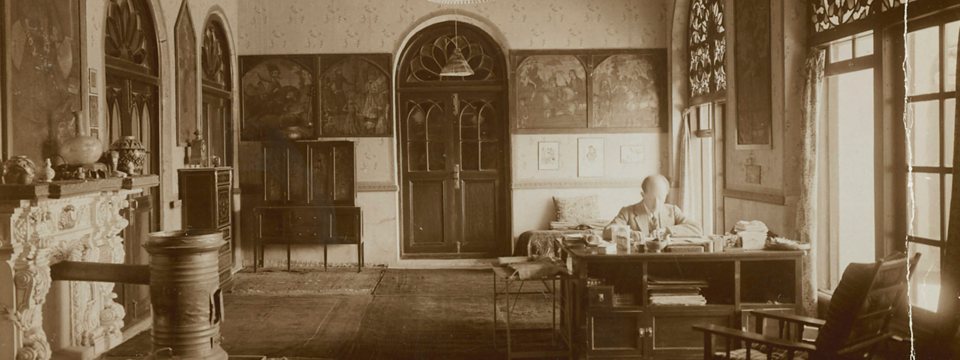
A foremost scholar in the field of Iranian studies, Ernst Herzfeld (1879–1948) explored all phases of Near Eastern culture from the prehistoric period to Islamic times. Housed in the F|S Archives, the Ernst Herzfeld papers document his archaeological activities in such sites as Samarra, Persepolis, Pasargadae, Paikuli, and Aleppo and include correspondence, field notebooks, drawings, sketchbooks, inventories of objects, photographs, and squeezes of architectural inscriptions and details.

Cataloging of the Ernst Herzfeld papers commenced in September 2009 and will continue through summer 2011. Click the links below to access different areas of the collection. Please be advised that some of the series may not yet have records or images; we are in the process of making them available.
Original cataloging and organization of the collection was undertaken by Joseph Upton.
-
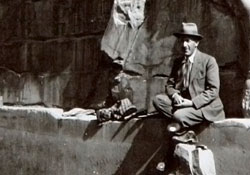
Search All
-
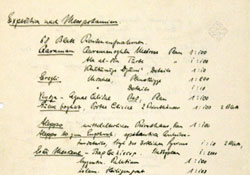
Finding Aid
-

Collection/Series
-
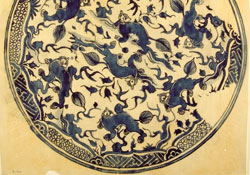
Subject Terms
-
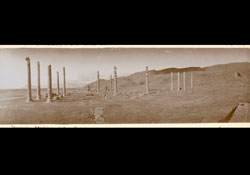
Forms and Genres
-

Geographical Locations
-
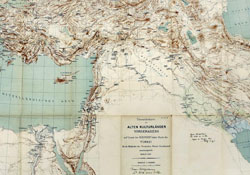
Archaeological Sites
Biography of Ernst Herzfeld
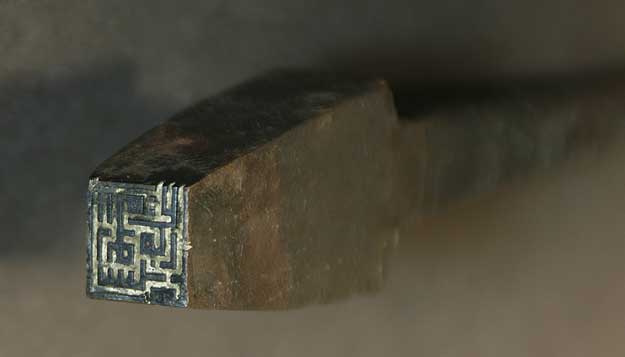
Ernst Herzfeld (1879-1948) was born in Celle, Germany. Herzfeld studied architecture at the University of Munich and Assyriology and art history at Friedrich-Wilhelm University of Berlin. He worked for two excavation seasons with Walter Andrae at Assur (Iraq) before finishing his doctorate at Berlin on Pasargadae. He carried out systematic excavations on the site of Samarra between 1911 and 1913 and was later appointed full professor for Landes- und Altertumskunde des Orients at the university in Berlin in 1920.
After many research trips to Iran, in 1925 he moved permanently to Tehran, where he was instrumental in creating a Persian law of antiquities. Backed by German diplomats in Tehran and scholars in Germany, he was able to explore the archaeology of Iran to an unsurpassed level. In 1928 Herzfeld conducted excavations at Pasargadae and became director of the Oriental Institute of Chicago's excavations at Persepolis. Toward the end of 1934 Herzfeld left Iran and moved to London to become a faculty member of the Institute for Advanced Studies at Princeton. He died in Basel, Switzerland, in 1948.
Herzfeld launched several series of publications on the material culture of the Iranian area that are still produced today: Archäologische Mitteilungen aus Iran (today Archäologische Mitteilungen aus Iran und Turan), Ergänzungsbände, and Iranische Denkmäler. The two latter publications have been in production since 1932.
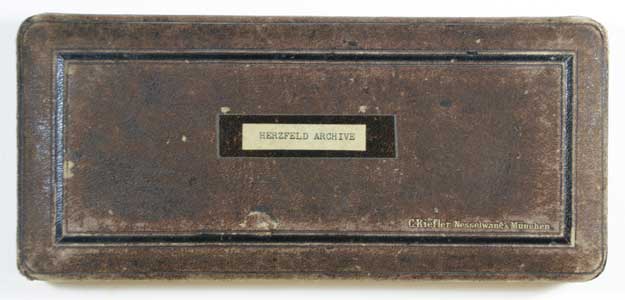
Additional funding to help build this digital resource was provided by the Leon Levy Foundation.
Using the Collections
- Archives Home
- Archives Collection Highlights
- Archives Collection Descriptions
- Doing Archives Research

